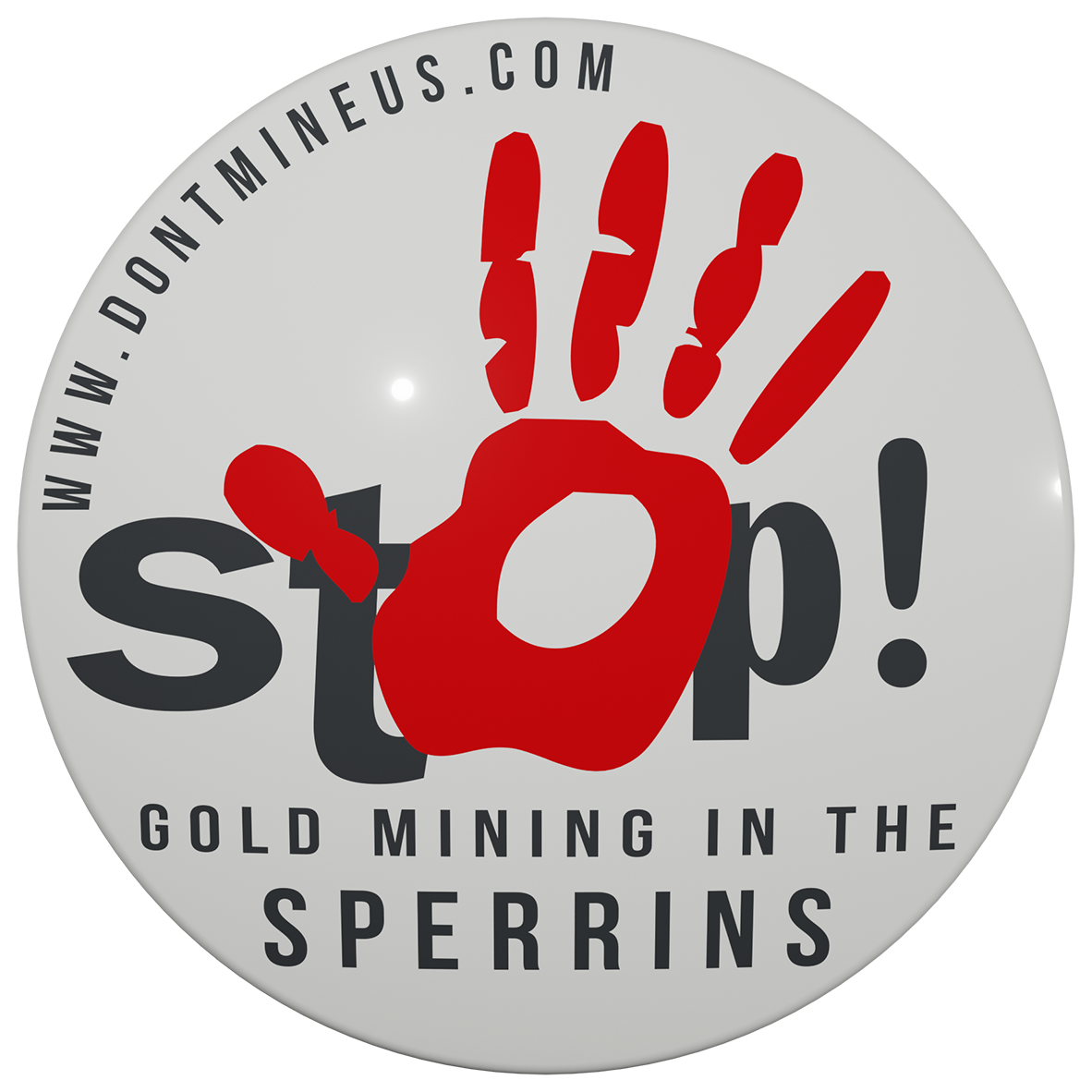How do you 'sell' gold mining to communities?
A0060 APRIL 2023
The fallacy of gold mining refers to the misconception that the act of mining gold automatically generates wealth and economic growth.
While gold mining can bring in revenue, it is not a sustainable way to build a strong and diversified economy. The focus on gold mining often diverts resources away from other sectors, such as agriculture and manufacturing, which can provide more long-term benefits to local communities. Additionally, gold mining can have negative environmental and social impacts, including pollution and displacement of indigenous communities. It is important to recognize the limitations of gold mining and to prioritize sustainable and equitable economic development.
Some common methodologies to promote gold mining projects include-
- Misleading and biased information: Presenting biased and misleading information to the public through the use of local press and greenwashing on social media undermines the trust of the public and is deceptive.
- Manipulating public opinion: Attempting to influence public opinion by gaining support from influential individuals in the community and discrediting community environmental groups undermines the democratic process and is manipulative.
- Bribing and buying support: Giving money to local groups and charities in order to gain a social license is unethical and constitutes bribery.
- Threatening legal action: Threatening legal action against those who dare to criticize the proposed plans or who do not agree with the mine is an attempt to suppress free speech and silence opposition.
- Infiltration and creating tension: Infiltrating the community and creating tension between opposition groups is unethical and harmful to the community.
- Complicating and hiding the truth: Making the proposed mine application as complicated as possible, hiding the truth about the real implications of mining and the real scale of the operation is deceptive and undermines transparency.
- Fabricating lies: Fabricating lies about the carbon neutrality of the mine and that mining can help the environment is an attempt to mislead the public and greenwash the project.
- Catering to the rich and powerful: Focusing on gaining support from the rich and powerful, instead of considering the concerns and well-being of the community, is a disregard for ethical business practices and societal responsibilities.
Greenwashing is also prevalent within the gold mining industry, but what exactly is it?
Such examples may include:
- Claiming that the mined products will be used for renewable energy technology
- Claiming that gold is a ‘critical mineral’, and trying to shift the emphasis onto other useful metals found in the same area such as copper, zinc, silver, etc..
- Claiming that cyanide and smelting will not be used on site.. this just means that the issue will be offset, somewhere else.

